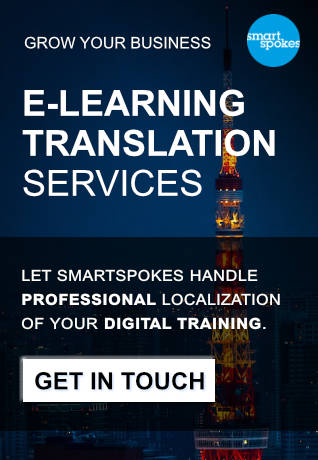As businesses and educational institutions expand globally, the demand for industry-specific training courses in multiple languages is rapidly growing. However, translating such courses involves much more than a word-for-word conversion. It requires a process known as localization—adapting content to the linguistic, cultural, and technical context of the target audience. This article explores the specifics and challenges of localizing industry-specific training courses.
Specifics of Localizing Industry Training Content
1. Technical Terminology
Industry-specific courses are rich in specialized vocabulary, jargon, and acronyms. Accurate translation demands not only language proficiency but also a deep understanding of the relevant industry. Translators must ensure that technical terms are rendered correctly and consistently, often consulting subject-matter experts or glossaries.
2. Regulatory and Legal Compliance
Many industries—such as healthcare, finance, or manufacturing—are governed by strict regulations that vary from country to country. Localization must account for these differences to ensure that the training content is compliant with local laws and standards. This may involve adapting procedures, safety guidelines, or legal disclaimers.
3. Cultural Adaptation
Effective training goes beyond language; it must resonate with the learners’ cultural context. This includes adapting examples, case studies, images, measurements, and even humor or idioms. Cultural sensitivity is crucial to avoid misunderstandings and to make the training engaging and relevant.
4. Multimedia and E-Learning Platforms
Modern training courses often include videos, interactive modules, quizzes, and downloadable resources. Localization of such content involves subtitling or dubbing videos, translating on-screen text, and ensuring that interactive elements function correctly in the target language. Technical compatibility with local e-learning platforms is also a key consideration.
Challenges in Localizing Industry Training Courses
1. Consistency and Quality Assurance
Maintaining consistency across large volumes of content and different languages is a major challenge. Quality assurance processes—including peer review, terminology management, and pilot testing—are essential to ensure accuracy and coherence.
2. Time and Cost Constraints
Localization projects can be time-consuming and expensive, especially for complex or highly technical courses. Tight deadlines and limited budgets may pressure teams to cut corners, risking quality.
3. Collaboration with Subject-Matter Experts
Translators often need to collaborate with industry experts to clarify ambiguous content or validate translations. Coordinating this collaboration across languages and time zones can be challenging but is crucial for high-quality results.
4. Updating and Version Control
Industry training materials are frequently updated to reflect new regulations, technologies, or best practices. Managing updates and ensuring that all localized versions remain synchronized is an ongoing challenge.
Conclusion
The localization of industry-specific training courses is a complex, multidisciplinary process that goes far beyond basic translation. It requires linguistic expertise, technical knowledge, cultural awareness, and strong project management. Overcoming these challenges ensures that training is effective, compliant, and accessible to global audiences—empowering professionals worldwide to develop their skills and knowledge. Make your e-learning content inclusive for a global audience today! Let’s talk about localization!



